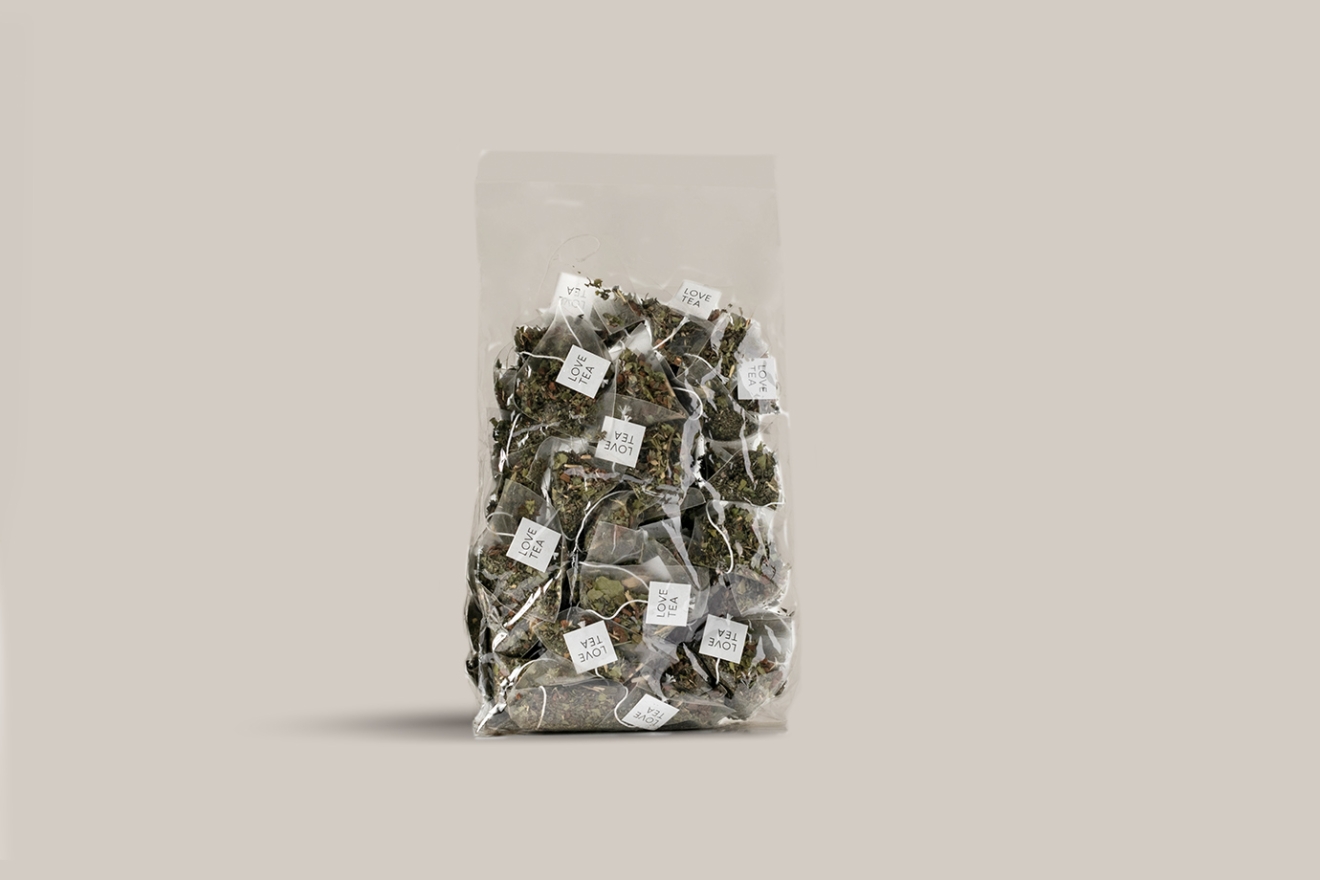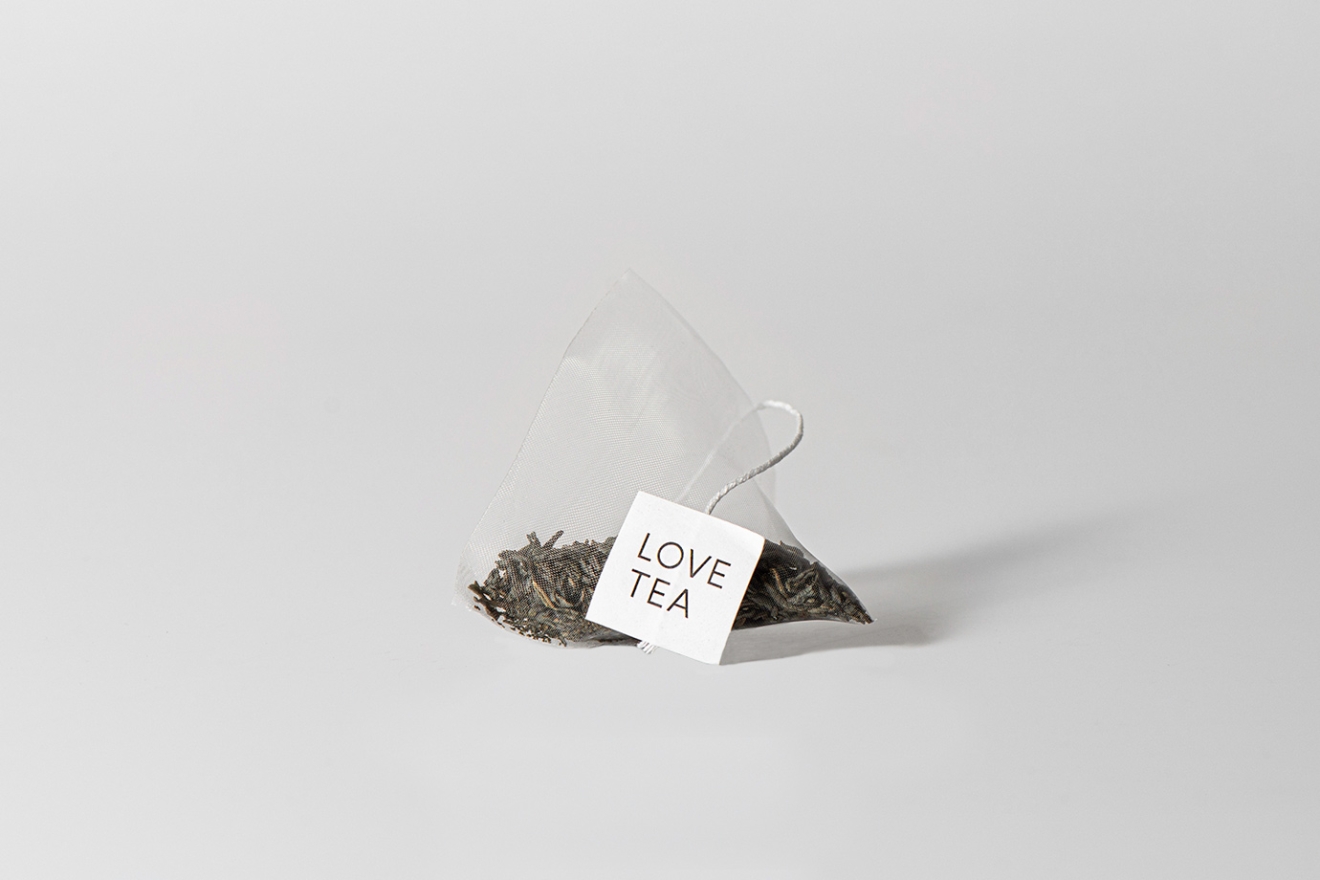This month it is Plastic Free July. To help celebrate, we wanted to share a few small things that we do here at Love Tea to try and reduce our plastic use and reduce our impact on the planet.
We have been making small conscious decisions towards reducing our use of plastic for a number of years and often we do this quietly. We are not oblivious to the fact that our very existence has an impact on the natural world, but today we’d like to share some of these small improvements we’ve made so far, so we can keep striving towards leaving the world a better place for future generations.
To start, it is important to acknowledge that there are very few businesses, let alone individuals, that don’t have any use of plastic in their lives. This may be unintentional but plastic is so widely used in our world that it really is hard to avoid completely.
The “plastic free” drink bottle we have in our cupboard at home almost certainly came delivered with plastic either used in its manufacturing, transport or end user shipping. Our organic cotton PJ’s we got for our kids came wrapped in a plastic pouch, to avoid the “mould during transport”. Then there’s the credit card we used to buy these items with – definitely made from plastic. The dashboard of our car, even the keys I’m typing this on now. Everywhere you look there is plastic or something that has come into contact with plastic in some way.
I think this is the very first step. To acknowledge that plastic is everywhere and looking at where it is in our own lives. Then when we understand that, we can start with simple changes to look at reducing its use.
As a business, we have been looking to reduce our waste and use of plastic for a number of years. We still have a long way to go and we need to keep making improvements everyday. But we know this, we know we have to keep improving and by acknowledging where plastic still is in our business we can start implementing changes and reduce its use.

The clear, plastic looking pouch that holds our tea products (loose leaf and tea bags) is not plastic, it’s actually cellophane. It’s made from a plant based material called NatureFlex, and can be placed into your home compost post-use and will easily break down in a few months.
When we first started making tea bags we started using a plant based material called Soilon, rather than a popular and cheaper nylon based alternative. It’s important to note that they will definitely take longer than other compost items to decompose.
We swapped out the popular poly-based packing tape and now use a kraft paper packing tape in all production, when packing orders and to seal boxes around the warehouse. It’s important to note that we still use poly tape from time to time when the kraft tape simply wont keep the boxes together but overall we are using kraft packing tape over 90% of the time.

We also wanted to share some tips on how to make some simple changes at home to reduce plastic use and importantly waste in general. Like I mentioned above, the first step is to understand where plastic and excessive waste exists in your daily life, from there it is a simply a process of moving towards reducing these items and this waste. Some of my favourite tips are:
Bulk grocer items, rice, pasta nuts seeds and grains etc are so often packaged with a poly-based packaging. Find your local bulk food store and portion out your own into re-usable packaging or paper bags. This will reduce the amount of plastic made to pack these products.
This is a crazy option to me. Ideally, grow your own or go to a farmers market but if that isn’t possible, don’t use a bag. You don’t need them for any oranges, bananas, avocado etc that you remove the skin from and if you have beans, peas or any other small items, use the little brown mushroom bags, they break down easily in a home compost.
Over the years some really great popular options have become available so its extremely easy to get good plastic free options almost anywhere.
Crayons and pencils are a far better alternative for little ones to draw with. I’m blown away by the plastic used with texters and pens. They’re not exactly single use but do have a short shelf life. Try using pencils and crayons. The kids love them and they won’t be left around for hundreds of years after they’ve finished with them.
This was the biggest wake up call for me personally. When you start looking at what you can put into your own compost you get a really clear picture of what is truly biodegradable and needs to be recycled or put into landfill. Its confronting at first but when you know where you’re at you can start making improvements.
There are so many great options out there including popular ones like Joco and Keepcup.
This has to be the easiest change to make. At home, if you want a straw get a stainless / bamboo option and for takeaway, every venue really should have paper options and if they don’t, ask them to change. If enough customers ask them to change, they will.
Water bottles and single use drink containers are right up there with the most used single use plastic in the world today. There are so many good options for a reusable drink bottle. I refill glass bottles and always have them topped up around home or in the car. That way you never have to buy water so you save money and you’re not adding to the excessive amount of plastic water bottles getting produced every day.
With gratitude,
Damien Amos
Plus exclusive offers, new product releases, health and wellness information from our Naturopath, and curated recommendations
By submitting, you are agreeing to our privacy policy. You can opt out at any time.